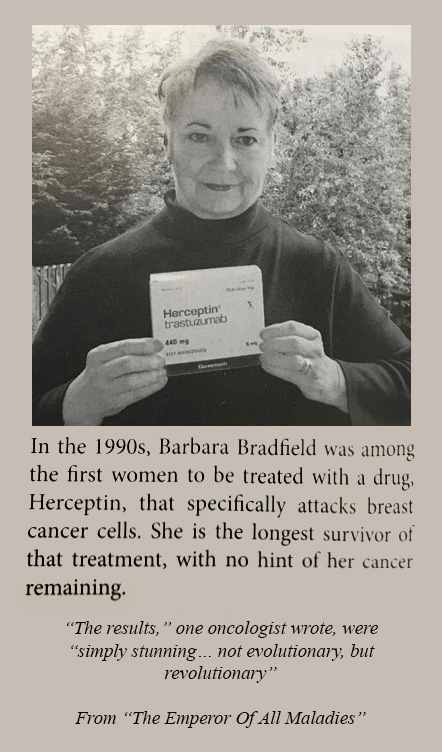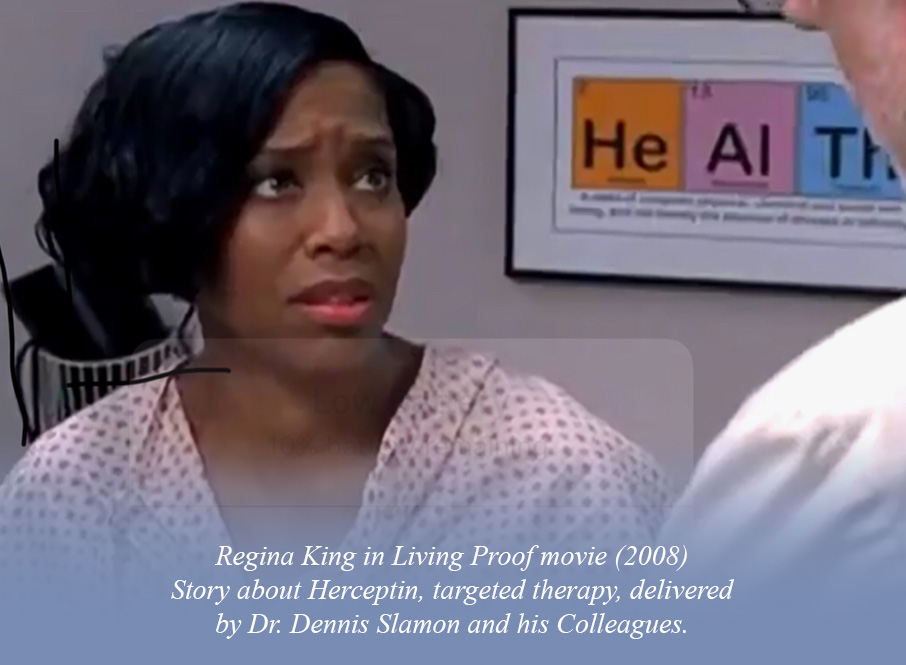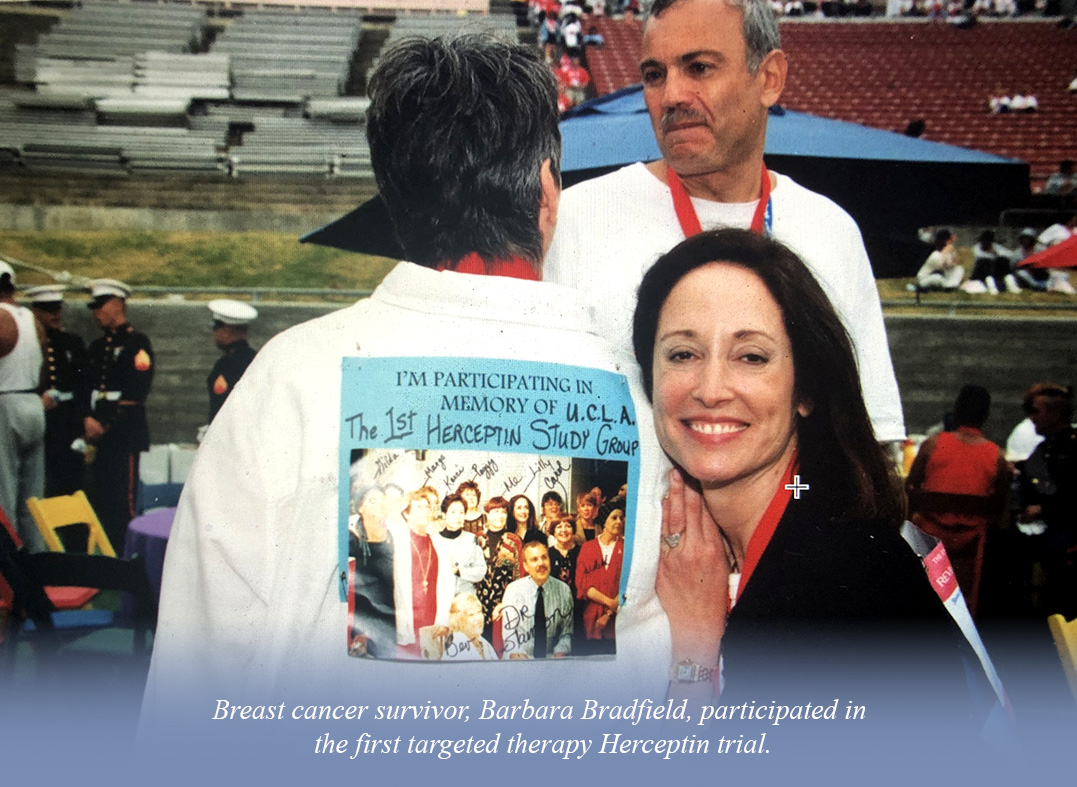United Cancer Front Mission Statement
The United Cancer Front represents an exciting cancer research initiative formed to make a significant impact in rapidly identifying and effectively treating cancer. This research alliance is designed to expand and swiftly translate the most recent innovations and novel basic science findings into new approaches that will address critical current challenges in cancer medicine. These include earlier diagnosis and the identification of therapies specifically tailored to an individual patient’s cancer, resulting in more effective therapies which significantly improve outcomes and safety, while simultaneously decreasing treatment toxicities.
It is also critical that the necessary infrastructure for clinically testing new and innovative therapies in cancer patients who may benefit from them be centrally linked to this overarching development process. The UCF effort is led by a consortium of some of the most recognized and accomplished physicians and scientists from laboratories and clinics based at outstanding cancer research institutions across the country.
To accomplish these objectives, UCF investigators will deploy the latest research technologies in five separate but equally important areas of basic and clinical cancer research:
- Identify cancers at their earliest possible stages using advanced DNA sequencing techniques that allow early detection as well as monitoring responses to treatment through simple blood tests that give much earlier answers than the best current imaging methods.
- Identify new critical molecular treatment targets and therapeutics that will significantly enhance treatment results and patient outcomes while improving safety and limiting toxicities of therapy.
- Identify the mechanisms by which cancers develop resistance to otherwise effective treatments allowing the institution of clinical strategies designed to stop the presence and/or evolution of these resistance pathways.
- Identify new strategies designed to unleash the patient’s own immune system in the treatment strategy for individual cancers through a greater understanding of the proteins and pathways that control immune cell identification of cancers.
- Develop the appropriate clinical/translational research network dispersed in communities around the country that will allow patients access to the latest and most innovative new therapies designed to treat the cancers with which they are challenged.




